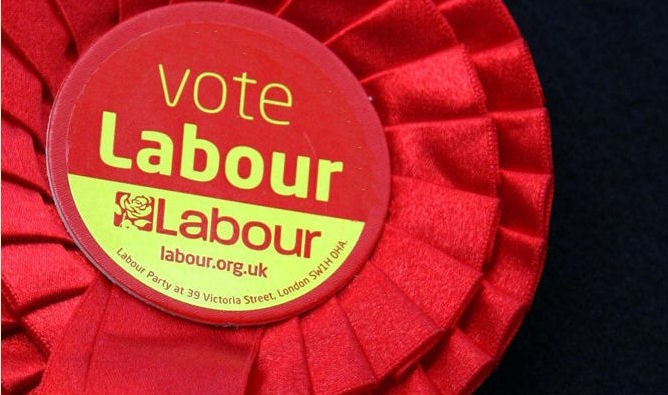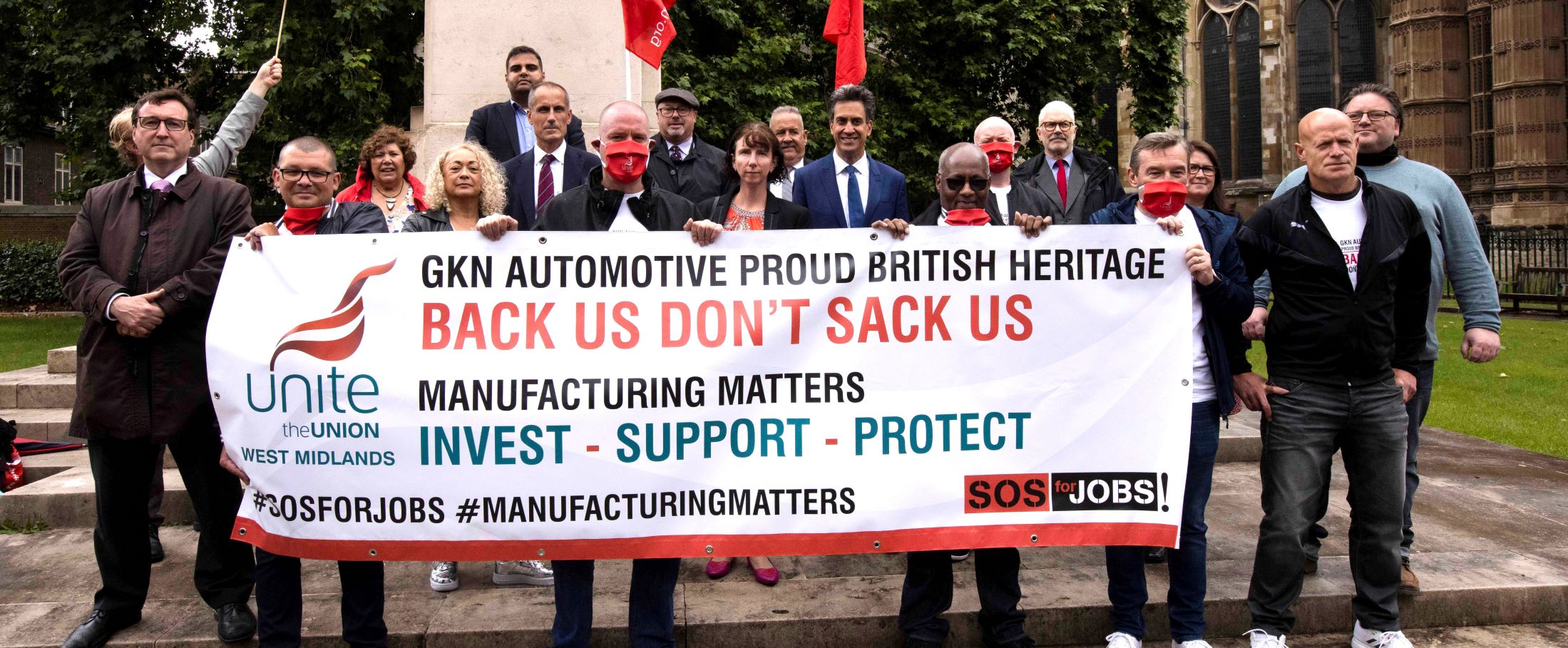Are strikes effective?
When the Carr Inquiry collapsed last month it was under a heap of Tory Party hubris.
Bruce Carr QC – appointed to look at the supposedly `extreme’ tactics of unions – pointed the finger directly at Francis Maude, the cabinet minister who, incapable of awaiting the judge’s `findings’, threatened to curb the right to strike. In so doing, he blew away any tendrils of pretence that this `inquiry’ was anything other than a politically-motivated stunt.
Even a notorious anti-union QC did not fancy posing as the patsy for a needless attack on the rights working people. Who could blame him for UK unions are the most strictly regulated in the western world tied up in regulations and forced through administrative hoops that take weeks, even months, doing nothing for conflict resolution and everything for lawyers’ profits.
Workers never take strike action lightly. When a working man or woman steps onto a picket line it is usually with a heavy heart. Negotiations, conciliation, endless efforts to broker a solution will have failed. In this situation the final option is the worker’s right to withdraw their labour.
The term as we understand it – `to strike’ – is not even 300 years old, entering our language when sailors, tired of abuse by the emerging merchant classes, took `strike action’. Centuries on, standing up against exploitation is still something working people must do – and the right to withdraw one’s labour is now a fundamental human right.
Glance around the globe and a hallmark of repression becomes clear: strikes are outlawed, just as in Kazakhstan and Niger. Why does our government want to emulate such nations, for that, in effect, is what the Conservative party plans for the UK should it take power in 2015? Heavily repressed unions and near entirely-deregulated business mean one thing for sure; unfettered profiteering. Witness this government latest attachment to neo-liberalism’s in its indulgence of the TTIP, which will destroy workers’ rights, health and safety and our public services like the NHS?
The idea of union power strikes fear into rogue bosses and politicians with wonky moral compasses – because with fair laws, unions deliver for working people. Earnings grew in the 1970s and so did living standards, social mobility and fairness.
But with the deliberate destruction of collective bargaining in the UK, the percentage of their wages that workers have taken home has fallen. In the 1980s, nearly 70 per cent of GDP went to paying worker’s wages; today it is touching 50 percent whilst CEO pay packages have grown further and further away from the average workers. And what about the all too often untaxed profits of some our best known brands?
As each year goes by our economy is becoming more skewed against ordinary workers and inequality is growing- something which is bad for all of us. Working hours in Britain are the longest in Europe and we now have 13 million people scraping an existence on poverty pay. Forty years on from the equal pay act, women are still our low waged majority. Pay has tumbled to its lowest level in a generation as mindless austerity systematically lowers the living standards of ordinary people. But boardroom salaries are 143 times more than those on the shop floor. All this has happened in part due to the draconian restrictions on trade unions and diminishing work place democracy.
A couple of weeks ago I joined Unite members on a picket line (pictured). These were men and women who had given their life to the NHS. Every day they made life and death decisions for sick people. Their salaries weren’t great but their employers, a failing trust, wanted them reduced further with no negotiation, no phasing in; overnight, the workers would lose a quarter of their salaries. For months their reps tried negotiation. Our union tried conciliation. Then the employer locked the workers out. While we were acting responsibly, working for a solution, their employer acted to starve them back to work. (Incidentally, where was Bruce Carr QC when these `extreme’ tactics were being used?)
The reputation of unions or the effectiveness of strikes or otherwise do not come into it. The real questions to ask are who has all the power, and what do they intend to do with it? Those who have it today want more of it, and not to deploy it for the common good. The disgrace is that they have the complicity of our government (and most media) in pursuing this.
If employers don’t want industrial unrest, perhaps it is time they took a closer look at themselves. Job insecurity, lousy wages, priced out of tribunals, a hollowed out labour market where skilled work gives way to low-waged services: is this the best they can offer our people? As Bank of England governor Carney has warned, capitalism has to work for people – not the other way around.
Taking a stand against the abuse of power and fighting injustice; that is why workers strike – and it is why Unite will always be proud to stand alongside them.
This article originally appeared in New Statesman TU guide, September 11
 Like
Like Follow
Follow


